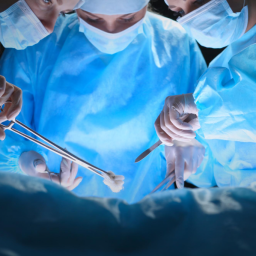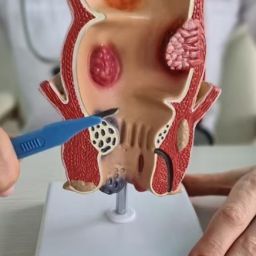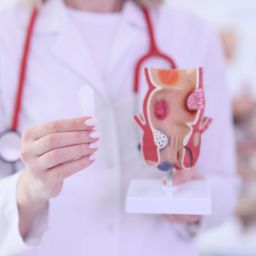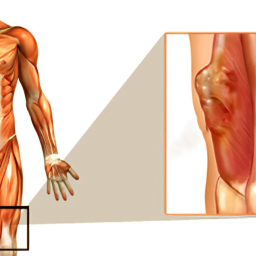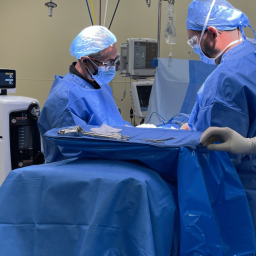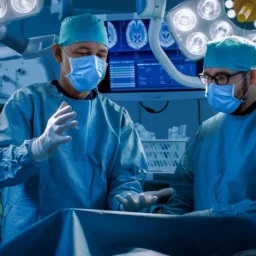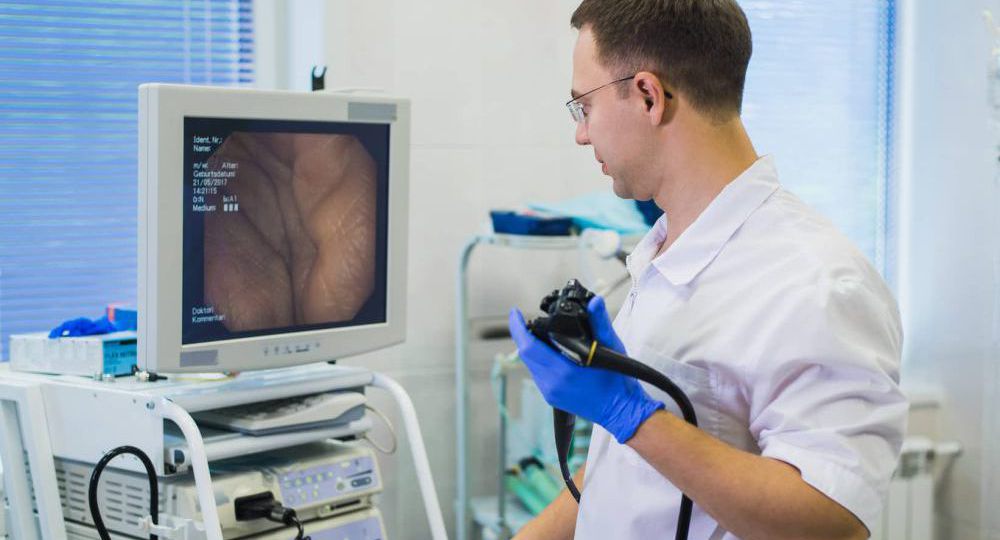
1. Understanding Proctology
Proctology, sometimes referred to as colorectal surgery, involves the medical care and surgical treatment of diseases affecting the anus, rectum, and colon. These three parts of the lower gastrointestinal tract are essential for the proper functioning of the digestive system, as they are involved in waste elimination, the absorption of nutrients, and overall gastrointestinal health.
1.1 The Role of Proctology in Digestive System Health
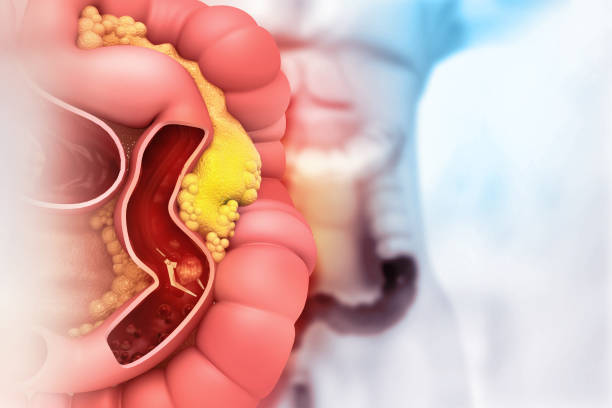
The digestive system is a complex network of organs that work together to break down food, absorb nutrients, and expel waste products. The lower gastrointestinal tract, which includes the rectum, anus, and colon, plays a critical role in the final stages of digestion and waste elimination. When problems arise in these areas, they can lead to discomfort, pain, and even more serious conditions such as colorectal cancer or infections.
Proctology is essential for diagnosing and treating conditions that affect these parts of the digestive system. A proctologist is a trained medical professional who specializes in identifying, managing, and treating disorders related to the anus and rectum, which are often overlooked or misunderstood in general medical practice.
2. Common Conditions Treated in Proctology
Proctologists address a wide variety of conditions, ranging from relatively common issues like hemorrhoids to more complex conditions such as colorectal cancer. Below are some of the most common conditions treated within the field of proctology:
2.1 Hemorrhoids
Hemorrhoids are one of the most common conditions managed in proctology. These are swollen blood vessels in the rectal and anal area, which can result in pain, itching, and bleeding, particularly during bowel movements. Hemorrhoids can be classified into internal and external types, depending on their location, and are often caused by factors such as chronic constipation, straining during defecation, and pregnancy.
Treatment for hemorrhoids can range from conservative measures like dietary changes and topical treatments to more invasive procedures, such as rubber band ligation or surgical hemorrhoidectomy, depending on the severity of the condition.
2.2 Anal Fissures
Anal fissures are small tears or cracks in the skin of the anus, usually caused by the passage of hard stools or excessive straining during bowel movements. This condition can be extremely painful, especially during and after bowel movements. Treatment typically involves lifestyle modifications such as increasing fiber intake, topical medications, and in some cases, surgical procedures like sphincterotomy if the fissure is chronic.
2.3 Colorectal Cancer
Colorectal cancer is a significant health concern, particularly as it is one of the leading causes of cancer-related deaths worldwide. Proctologists are often involved in diagnosing and treating colorectal cancer, especially if the disease affects the rectum or lower part of the colon. Early detection through screening tests like colonoscopy is crucial, and surgical intervention may be necessary to remove tumors or portions of the colon. Proctologists work closely with oncologists and other specialists to provide comprehensive care for individuals with colorectal cancer.
2.4 Inflammatory Bowel Disease (IBD)
Inflammatory bowel diseases, including Crohn’s disease and ulcerative colitis, are chronic conditions that cause inflammation in the digestive tract. These conditions can affect various parts of the gastrointestinal system, including the rectum and anus. Proctologists help manage the symptoms and complications of IBD, such as rectal bleeding, anal abscesses, or fistulas, and work alongside gastroenterologists to optimize treatment for these patients.
2.5 Anal Infections and Abscesses
Infections and abscesses around the anal region are relatively common and can cause severe pain, swelling, and redness. These infections can occur due to poor hygiene, injury, or as a complication of other conditions like Crohn’s disease. A proctologist can treat abscesses with antibiotics or drainage procedures, and may also manage fistulas, which can develop as a result of an untreated abscess.
2.6 Fecal Incontinence
Fecal incontinence refers to the inability to control bowel movements, leading to the involuntary release of stool. This condition can result from injury to the muscles of the anus or rectum, nerve damage, or diseases such as IBD or colorectal cancer. Proctologists play a key role in diagnosing the underlying cause of fecal incontinence and offering treatments such as pelvic floor rehabilitation, biofeedback, or surgical intervention when necessary.
2.7 Proctitis and Rectal Prolapse
Proctitis is an inflammation of the lining of the rectum, often caused by infections, inflammatory bowel disease, or radiation therapy. Rectal prolapse occurs when the rectum protrudes through the anus. Both conditions can cause discomfort, bleeding, and difficulty with bowel movements. Treatment typically involves medication, lifestyle changes, or surgical interventions to restore normal function.
3. Diagnostic Methods in Proctology
Diagnosing proctological conditions often requires a combination of patient history, physical examination, and specialized diagnostic tests. Proctologists use the following methods to evaluate and diagnose conditions:
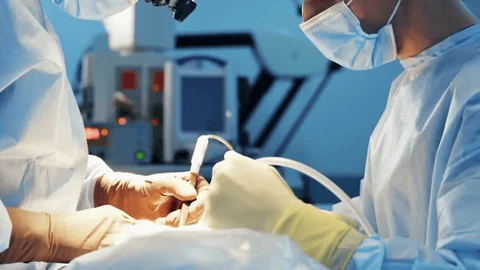
3.1 Physical Examination
A thorough physical examination is the first step in diagnosing proctological issues. During the examination, a proctologist may inspect the anal and rectal region to check for signs of hemorrhoids, fissures, or infections. A digital rectal examination (DRE) is also commonly performed, where the doctor uses a gloved finger to feel for abnormalities in the rectum, such as tumors or signs of prostate issues in men.
3.2 Colonoscopy
Colonoscopy is a critical diagnostic tool in proctology, especially for conditions like colorectal cancer, polyps, and inflammatory bowel diseases. During a colonoscopy, a long, flexible tube with a camera is inserted into the rectum to visually examine the colon. This procedure can detect abnormalities such as tumors, ulcers, and areas of inflammation, and is also used for taking biopsy samples for further analysis.
3.3 Anoscopy and Proctoscopy
Anoscopy and proctoscopy are procedures used to examine the lower rectum and anal canal. In these procedures, a small, rigid tube with a light source is inserted into the anus to allow the proctologist to assess the area for conditions like hemorrhoids, anal fissures, or rectal tumors.
3.4 Imaging Techniques
For more complex cases, imaging techniques like MRI, CT scans, or endorectal ultrasound may be used to evaluate the rectum and surrounding tissues. These techniques are particularly useful for diagnosing conditions such as rectal prolapse, abscesses, or colorectal cancer that may not be visible through direct examination.
4. Treatment Options in Proctology
Treatment for proctological conditions varies based on the diagnosis, severity, and underlying causes. Common treatment options include:
4.1 Conservative Treatments
For many conditions like hemorrhoids, anal fissures, and mild proctitis, conservative treatments can provide relief. These treatments often involve lifestyle changes such as increased fiber intake, hydration, and the use of topical creams or suppositories to reduce pain and inflammation. Sitz baths and other hygiene practices can also help soothe the area.
4.2 Medications
Medications such as pain relievers, anti-inflammatory drugs, and stool softeners are often used to manage symptoms. For conditions like inflammatory bowel disease, immunosuppressive drugs or biologics may be prescribed to reduce inflammation and control flare-ups.
4.3 Surgical Interventions
When conservative treatments fail or in cases of more severe conditions like colorectal cancer or complex anal abscesses, surgical intervention may be necessary. Surgical procedures can range from minor surgeries like hemorrhoidectomy or fissure surgery to more invasive procedures such as colorectal resection for cancer or advanced inflammatory bowel disease.
4.4 Minimally Invasive Techniques
In some cases, minimally invasive techniques such as laser therapy, stapled hemorrhoidopexy, or rubber band ligation can provide effective treatment with less recovery time and fewer complications compared to traditional surgery.
5. Preventive Measures for Digestive System Health
Proctology is not only about treating existing conditions but also preventing future issues. Maintaining good digestive health through a balanced diet rich in fiber, adequate hydration, regular physical activity, and practicing good bowel habits can significantly reduce the risk of developing many proctological conditions.
Proctology plays a vital role in maintaining digestive system health, especially in the diagnosis and treatment of disorders affecting the rectum, anus, and colon. The importance of proctology cannot be overstated, as many of the conditions treated within this field are common, but often uncomfortable, and can have significant impacts on quality of life. By understanding the role of proctology, common conditions, diagnostic methods, and treatment options, individuals can take proactive steps to protect their digestive health and seek timely medical intervention when necessary.

